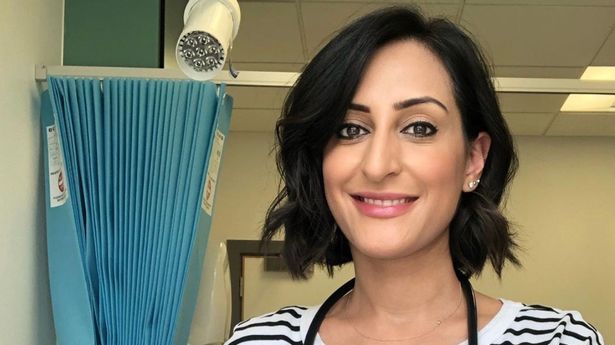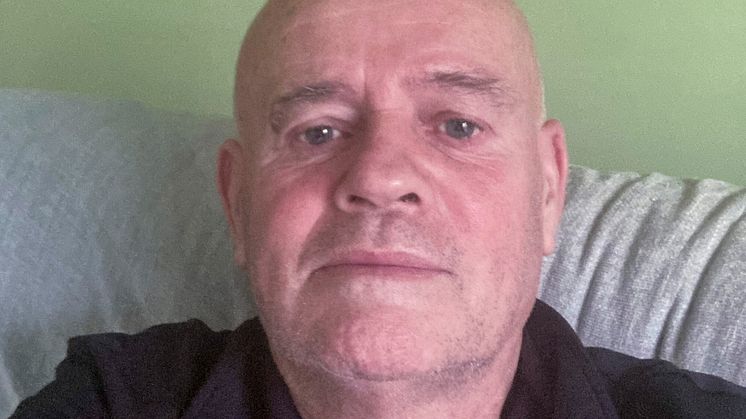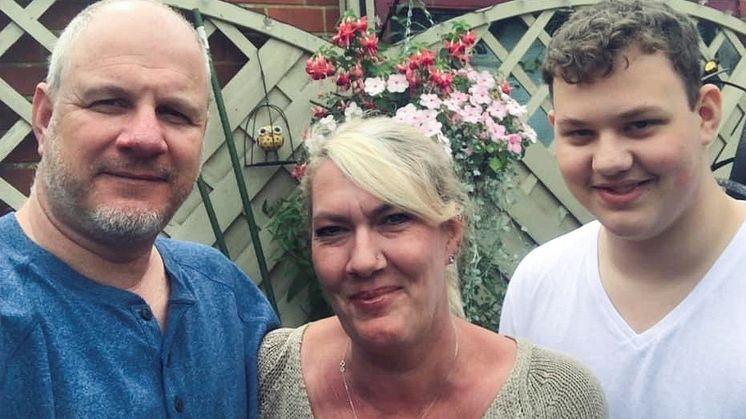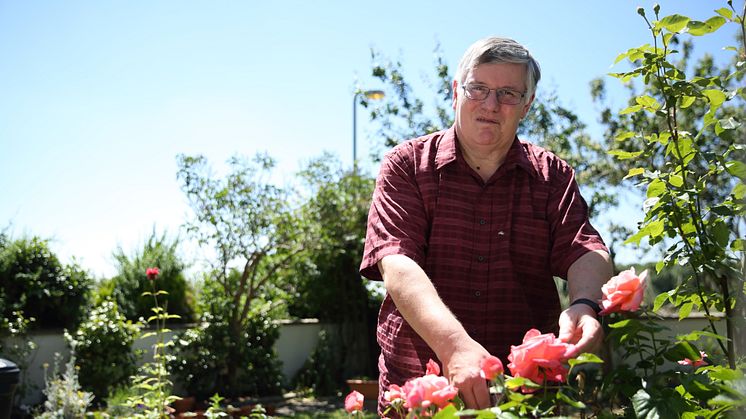
Press release -
Stroke Prevention Day 2023: Almost three in four people don’t know that an irregular heartbeat is a major cause of strokes
Stroke Prevention Day is Thursday 12 January 2023
Stroke Association urges people to check themselves for ‘silent’ condition, Atrial Fibrillation
The Stroke Association and BBC Morning Live’s Dr Punam Krishan are urging people to check for a ‘silent condition’ which is one of the leading causes of serious strokes, after a survey showed that few are aware of the link.
It is estimated that around half a million people are living with undiagnosed atrial fibrillation [REF 1] (AF), where the heart beats with an irregular rhythm. When this happens, the heart won’t empty all of the blood out of its chambers with every beat and the leftover blood can form clots which travel to the brain, blocking off blood flow and causing a stroke.
A survey by the charity to mark Stroke Prevention Day on Thursday 12 January revealed that almost three in four people (73%) did not know that AF is a major cause of stroke.[REF 2]
AF is linked to around one in five strokes [REF 3] – that's 40 stroke per day and strokes in people with AF are more severe and are more likely to result in death or serious disability.
Juliet Bouverie OBE, Chief Executive of the Stroke Association, said: “It's worrying that so few people know that a little thing like how your heart beats can lead to a massive stroke.
“AF often has no symptoms and a stroke can strike without warning. Don’t let the first sign of your AF be a sudden and life-changing stroke. With early diagnosis and effective management of AF, your risk of a stroke dramatically decreases so it’s vital to get checked regularly.
“It’s really easy to check your own pulse and our research told us that most people are able to. Feel for your pulse on your wrist or neck to make sure it has a regular beat. If you suspect you have an irregular pulse, contact your GP Practice.”
The survey also revealed that:
- Six in ten (62%) said they had never checked themselves for AF
- Almost half (44%) said they had never been checked for AF by a healthcare professional
- More than eight in ten (83%) said they would be likely to seek medical advice if they felt something was wrong with the rhythm of their heartbeat/pulse
- 55% said they knew someone who had had a stroke
- 26% knew someone who had had AF 2
The charity has a video guide on its website at www.stroke.org.uk/spd23 showing people how they can check their own pulse on their wrist or neck.
Dr Punam Krishan, a Glasgow GP and presenter on BBC Morning Live, said:
“The good news is that if AF is identified it can be managed really easily. If you’ve got AF, you might be given anticoagulant medication to reduce your risk of stroke by making a clot less likely to form, or you might be able to have a one-time electric pulse to get your heart beating regularly.
“The most important thing is to check yourself and contact your GP practice if you think you might have AF. It’s so much better to get your AF sorted before it becomes a problem. Get it checked for your own health and for the sake of your loved ones.”
Trudie Lobban MBE, Founder of the AF Association, said:
“The AF Association welcomes Stroke Prevention Day to help detect more people living with AF, yet to be diagnosed. Raising awareness of the importance of pulse checks is key to detecting the irregular heart rhythm and leading to more people being diagnosed and receiving appropriate anticoagulation therapy to reduce their risk of an AF-related stroke.
“It is good to see the Stroke Association encouraging the public to be pulse aware to know their heart rhythm – this can save so many from the devastation that strokes can cause, it can even save lives.”
ENDS
Notes to editors
More information on atrial fibrillation and stroke is available on the Stroke Association website.
- References
1 Lang A, Edwards F, Norton D, Semple L, Williams H. Using mobile ECG devices to increase detection of atrial fibrillation across a range of settings in south London. Future Healthc J. 2020;7(1):86-89. doi:10.7861/fhj.2019-0033 https://www.ncbi.nlm.nih.gov/pmc/articles/PMC7032580/
2 Research conducted by Atomik Research on behalf of the Stroke Association, December 2022.
3 Ali AN, Abdelhafiz A. Clinical and economic implications of AF related stroke.J Atr Fibrillation. 2016; 8:1279. doi: 10.4022/jafib.1279
Topics
- Stroke strikes every five minutes in the UK and it changes lives in an instant.
- The Stroke Association is a charity working across the UK to support people to rebuild their lives after stroke. We believe that everyone deserves to live the best life they can after stroke. From local support services and groups, to online information and support, anyone affected by stroke can visit stroke.org.uk or call our dedicated Stroke Helpline on 0303 3033 100 to find out about support available locally.
- Our specialist support, research and campaigning are only possible with the courage and determination of the stroke community and the generosity of our supporters. With more donations and support, we can help rebuild even more lives.
- You can follow us on Twitter, Facebook and Instagram.


















